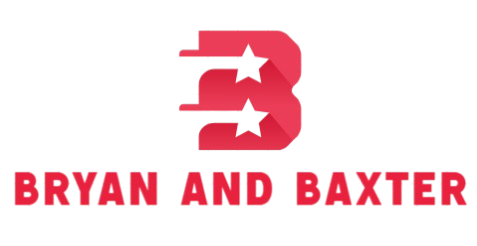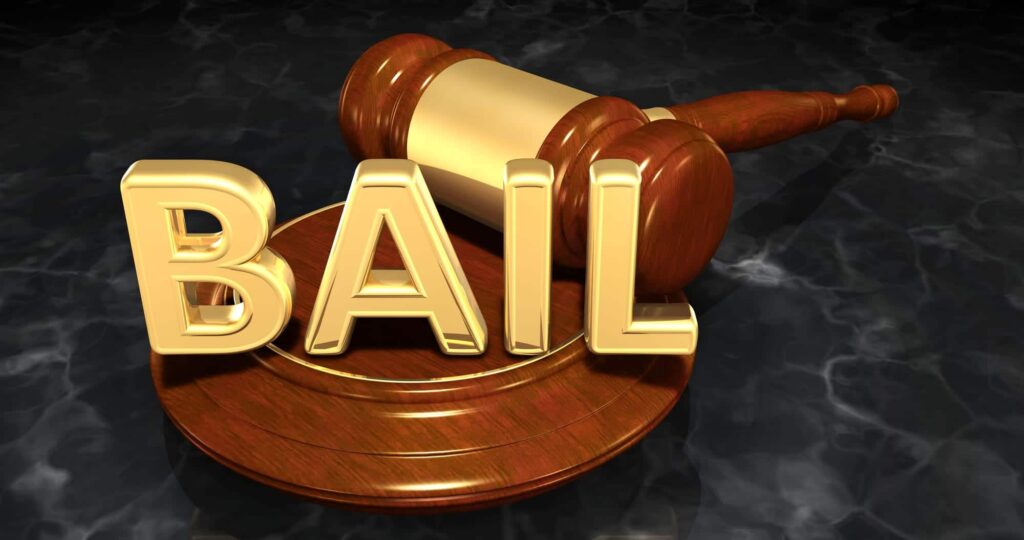Caring Divorce Attorney Helping You Through With Dignity and Respect
Navigating the complexities of divorce can be one of the most emotionally and mentally challenging experiences in a person’s life. However, the process does not have to be filled with hostility, fear, or bitterness. With the guidance of a compassionate and experienced divorce attorney, you can move forward with dignity, clarity, and hope for the future. Our mission is to help you through this transition with empathy, professionalism, and a deep understanding of what you are going through. We believe that even in the most difficult circumstances, there is a path to peace and empowerment. A caring divorce attorney is more than just a legal representative they are your advocate, your guide, and your partner in planning for a better tomorrow. We understand that every family situation is unique and that every individual has their own hopes, fears, and concerns.

That is why we take the time to listen closely, provide honest advice, and build a personalized strategy tailored to your needs and goals. Whether you are seeking an amicable separation, need support with child custody and parenting plans, or have complex financial matters to resolve, we are here to support you every step of the way. Our approach is centered on maintaining mutual respect and promoting a cooperative environment wherever possible. We prioritize open communication, fairness, and problem-solving over conflict and contention. By focusing on peaceful solutions, we aim to minimize stress and help preserve important relationships, especially when children are involved. We strive to foster agreements that are not only legally sound but also emotionally and practically beneficial for all parties. With us by your side, you can feel confident that your voice will be heard, your values will be respected, and your future will be thoughtfully considered.
Throughout the divorce process, we maintain a commitment to positivity, integrity, and strength. We believe that divorce, while difficult, can also be an opportunity for growth, healing, and new beginnings. Our goal is to help you close one chapter of your life while laying the foundation for a brighter, more empowered future. We support our clients in making thoughtful decisions that reflect their best selves and create lasting stability for themselves and their families. Choosing a divorce attorney is a significant decision, and we are honored to be a trusted ally for so many during this transformative time. With our caring approach and unwavering dedication, we help individuals move forward with confidence, grace, and the reassurance that they are not alone. If you are ready to take the next step, we are here to guide you with dignity, respect, and the compassionate support you deserve.



